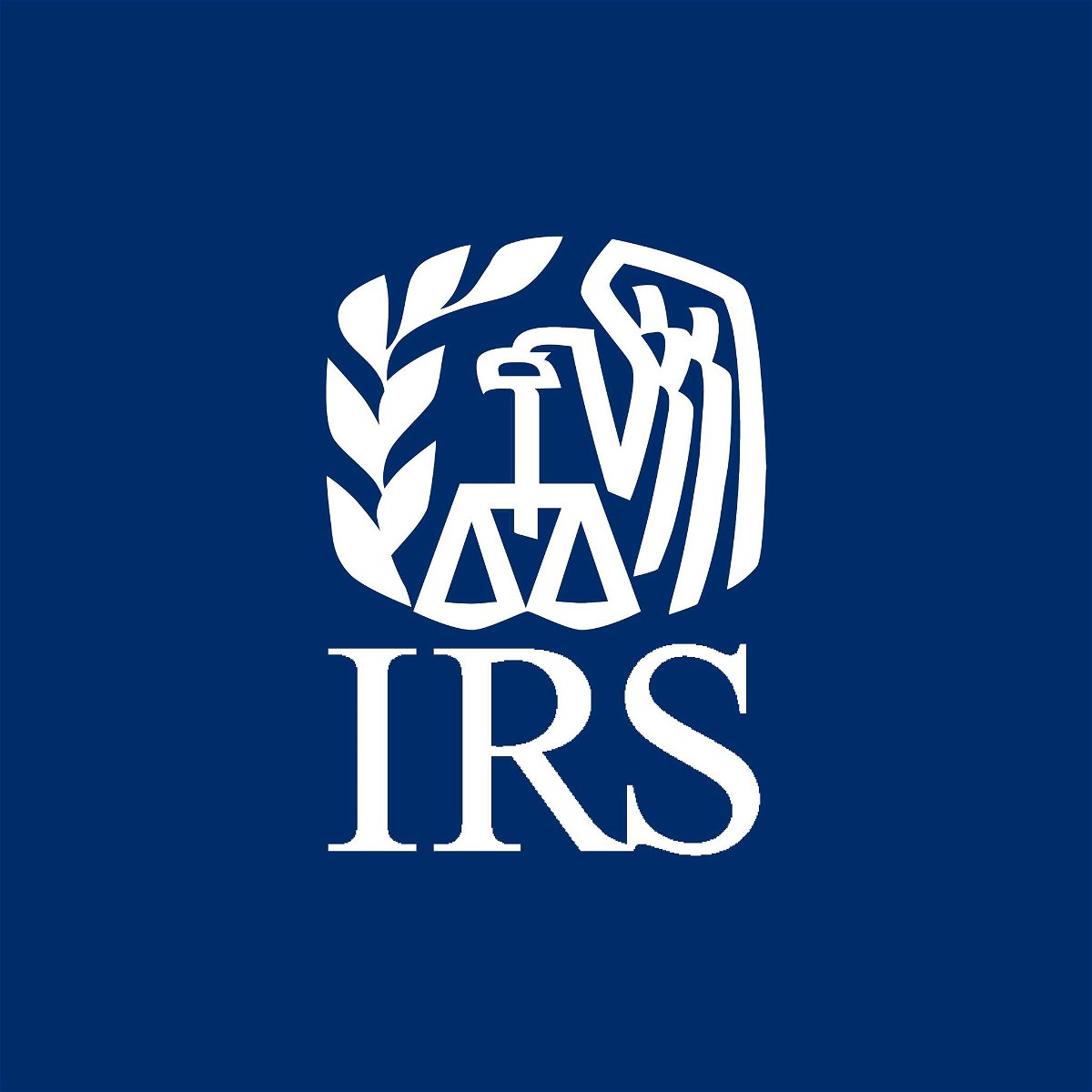Earned Income Tax Credit awareness campaign kicks off ahead of tax season start on Monday

WASHINGTON, D.C.– On Friday, the Internal Revenue Service (IRS) launched the annual Earned Income Tax Credit Awareness Day campaign ahead of tax season kickoff on Monday.
The IRS administers the Earned Income Tax Credit (EITC) which was originally approved in 1975 as a temporary tax credit and today, is one of the largest anti-poverty programs in the United States.
According to the IRS, around 23 million workers and families received about $57 billion through the EITC for tax year 2022 with an average credit of $2,541.
One in five EITC-eligible taxpayers do not claim their credit though and EITC Awareness Day is aimed to reduce that number entering the tax season explain the IRS in a press release about the awareness campaign.
“The IRS and our partners across the nation urge people to look into this frequently overlooked tax credit that can help millions of taxpayers,” said IRS Commissioner Danny Werfel. “On EITC Awareness Day and throughout the filing season, the IRS and our partners work hard to reach eligible taxpayers and provide useful information and resources to help people determine their eligibility and how to properly claim this valuable credit. Even people who don’t normally file might still be eligible for the Earned Income Tax Credit, which can be thousands of dollars.”
To be eligible for the EITC, workers must file a tax return and meet certain requirements for both the EITC as well as the Child-related tax benefit.
There are special rules for those in the military and members of the clergy.
Claims can be filed electronically with the option for direct deposit of the refund when approved.
Most EITC or Child Tax Credit refunds are available at the earliest by Feb. 27 and if you want to know more about the status of your return, check out the IRS' 'Where's My Refund' tool.
Even those not eligible for the EITC can still qualify for other credits or deductions on their taxes. Visit the IRS' Interactive Tax Assistant for more information.
Thirty states, Puerto Rico, and the District of Columbia all have their own respective versions of the EITC which supplement the federal tax credit. More information about California's version can be found here.
